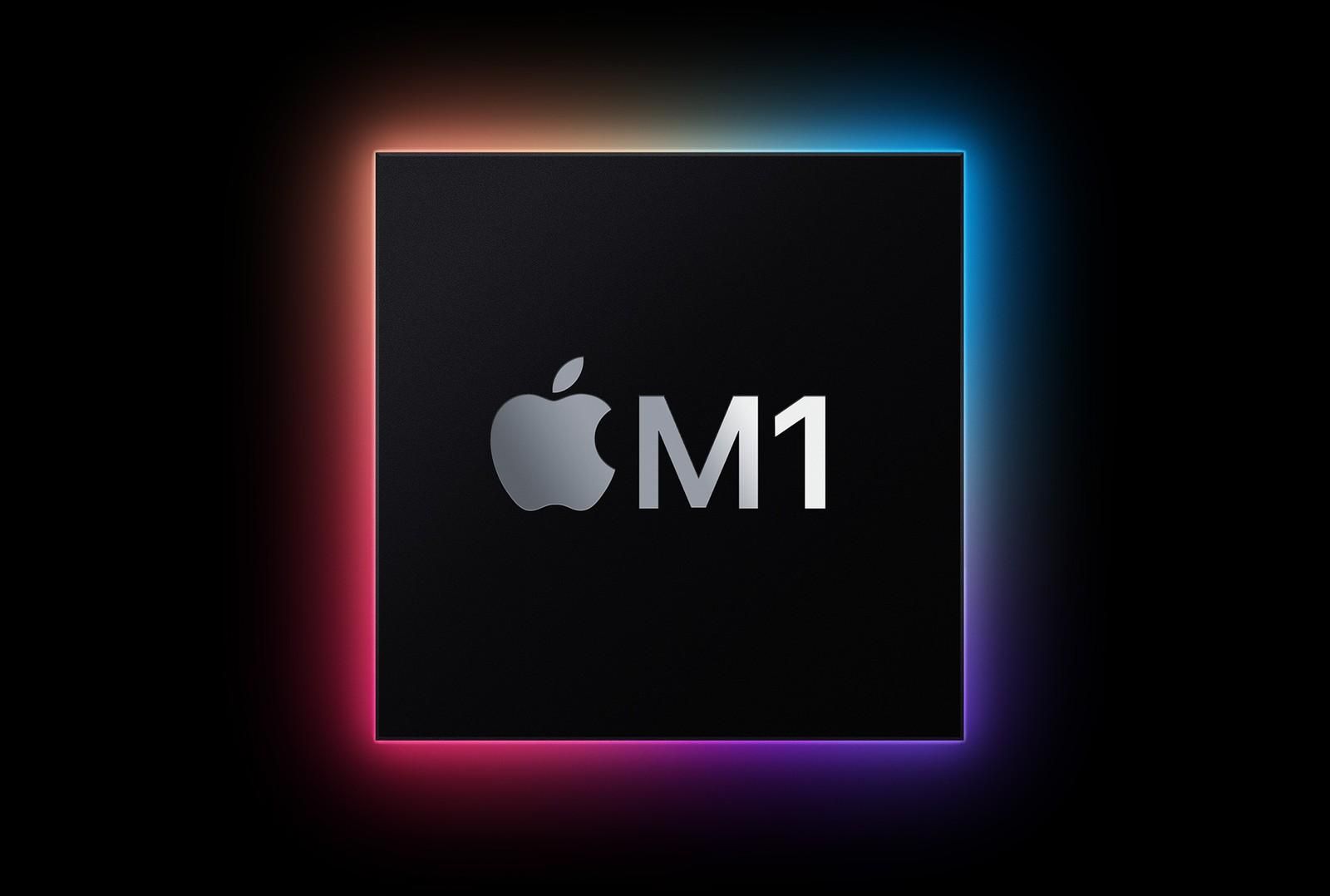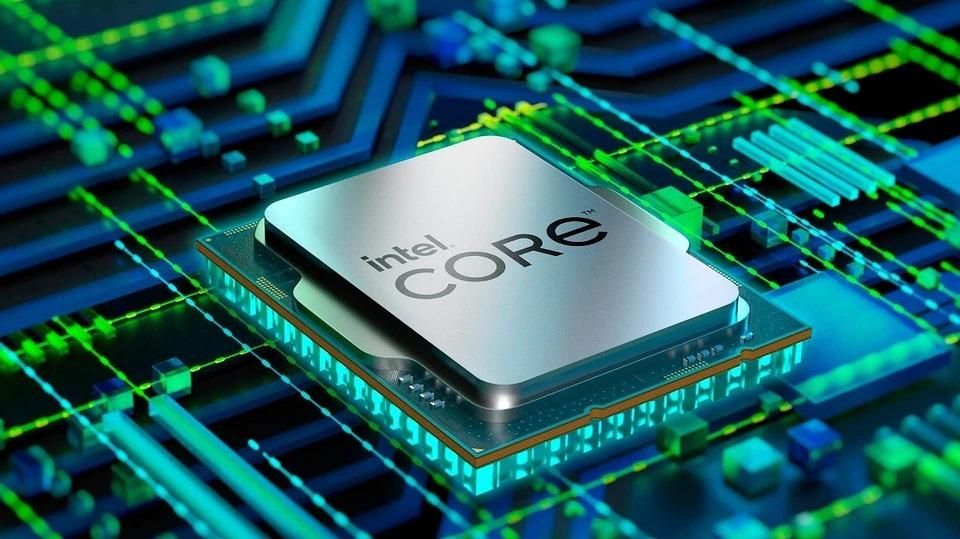When going through the spec sheet of any smartphone, you generally expect to see Qualcomm or MediaTek in the chipset section. Occasionally, you will spot Samsung's Exynos or maybe even Google Tensor in some cases, unless you're looking at iPhone in which case you'll find Apple's own chipset. But it appears that OEM's reliance on Qualcomm and MediaTek will slowly go down as even more smartphone manufacturers, such as the likes of Samsung and OPPO, are said to be developing their own in-house chipsets for smartphones.
The report about OPPO's first in-house smartphone chipset comes from the Chinese publication IT Home (via XDA Developers) which claims that the company's first AP will launch as soon as next year. Unlike most flagship chipsets nowadays, which are based on a 4nm or 5nm node process, this chipset from OPPO will reportedly be based on TSMC’s 6nm process.
Source: OPPO
The report also adds that in addition to this chipset, the company is already working on the second generation of its in-house SoC which will launch in 2024. The second-gen chipset will integrate both the application processor and modem on the SoC and will be based on the 4nm node process, as per the report. OPPO currently produces its own processor, which goes by the name of Marisilicon X, but its functionalities are limited to neural processing and image processing. The chipset OPPO is believed to be developing will be a full-fledged smartphone SoC and not just an NPU.
On the other hand, Samsung is also said to be developing a smartphone chipset that will be exclusive to 'Galaxy' smartphones, reports iNews24 (via 9to5Google). Samsung currently produces its own processors under the Exynos brand. These chipsets are 'technically' available to all the smartphone manufacturers like Qualcomm and MediaTek, but it's just that most smartphone companies don't intentionally pick Exynos chipsets over the other two options due to its performance and the general opinion about Samsung's chipset.
Source: Samsung Exynos
However, this upcoming chipset is believed to be a move from Samsung that will negate the effect of the whole GOS scandal. Samsung's recently launched Galaxy S22 series was found to be plagued with software, called Game Optimization Services, that was limiting its performance. Even though the company has patched this, its reputation in its home country, South Korea, has taken a hit. We don't really know why Samsung would launch another chipset brand given that its own Exynos brand still exists, but it's the way the company is supposedly moving. The report also adds that the new processor will launch with Galaxy S23 next year.
While you may argue that OPPO and Samsung launching their own chipset will just be a move that will prevent the company's licensing cost to Qualcomm/MediaTek and serve as a marketing move, it's much more than that. And not only Samsung and OPPO, but I believe that more companies need to take this route. Here's why.
You can't rely on third-party providers for long
If history has shown us anything, it's the fact that you can't rely on third-party chipset providers for long. Take any laptop from any manufacturer, such as Apple, Dell, Lenovo, HP, and others from 2017, and you would find an AMD or an Intel chip inside it. Both the companies, Intel and AMD, have maintained their duopoly over the chipset market for quite some time. But, after using Intel's APs for over a decade, Apple finally took an action and released its own chipset in 2020.
The shift from Intel to its own M-series chips exactly proves that you can't really rely on third-party providers for long. The shift to their own chipset allowed Apple to customize or rather fine-tune their SoC that they were not able to achieve with Intel ones. As soon as the company switched to its own M1 chipset, the same MacBook Pro with the same design and little-to-no change in design performed wonders.
And when you look at the smartphone industry, it's more or less the same situation. Qualcomm has been releasing below-par chipsets for about three years now. Executives in the smartphone industry and customers have both been complaining about poor heat efficiency and overall degraded performance of their chips, but it seems that Qualcomm is completely ignorant about the situation.
It seems that smartphone manufacturers are now losing interest in their APs because, in the end, it's their product that suffers. The shift to their own processor would allow Samsung and OPPO (and all the other players that are about to join them) to take the blame, instigate the issue, and fix it themselves rather than relying on others to do it for them.
Competition is good
Another thing that the Apple and Intel saga has shown us is that competition is good, not only for Apple but for Intel as well. This move from Apple forced Intel to change its chipset design (and the whole ideology of using the same cores for high-performance and low-priority tasks), and now the company has released its 12th Gen chipset that is (more or less) based on the same architecture as the ARM processors. While it's tough to know how Intel's 12th Gen chipsets perform without using them, it at least suggests that the company is trying to improve.
With the latest move from Samsung and OPPO, Qualcomm and MediaTek may get a signal that they're about to lose customers, and if they don't do anything about the situation, they could find themselves in the same shoes as Intel. There's still time to improve, and we dearly hope their next-gen chipset is as good as the company says it is on stage.
It’s a start
Now, some might argue that developing a 6nm processor in the day and age where companies are readying their 4nm (and even 3nm in some cases) is a move that will take OPPO nowhere. But, this isn't all true. While yes, to be in the competition, you need a competitive chipset, but it's really about the start for the Chinese smartphone brand. The chipset we see from Apple took years to develop and the company even had the advantage of developing ARM chipsets with the iPhone.
The development of this processor will give OPPO a few insights into what it takes to develop a chipset, and you never know that the second-generation chipset (that's supposed to come out in 2024) is on par with Samsung and Qualcomm's APs. While it's still early to say anything about OPPO's smartphone chipset right now, it gets me excited not because I want to see what OPPO's chip is capable of doing (though I also want to see this), but more competition is good for the industry and it ultimately leads to the benefit of customers.





